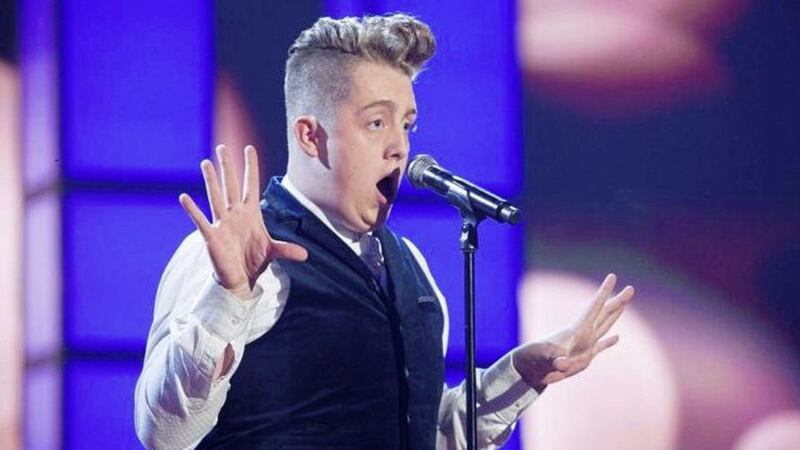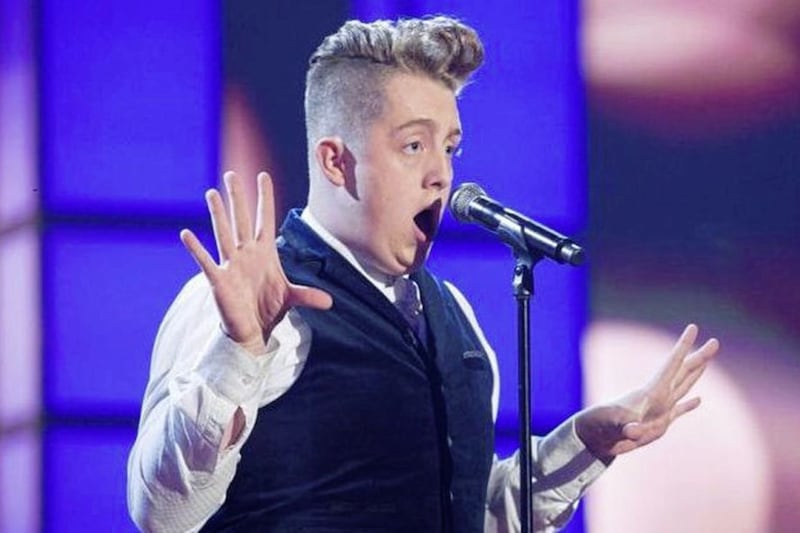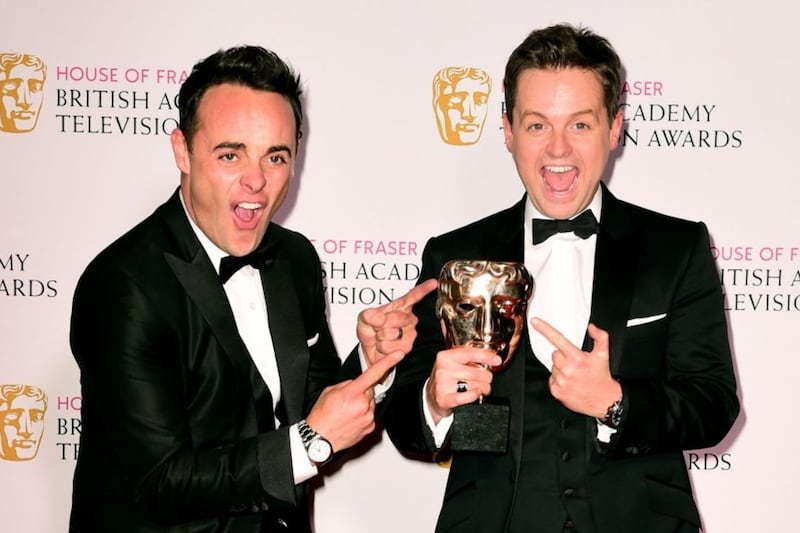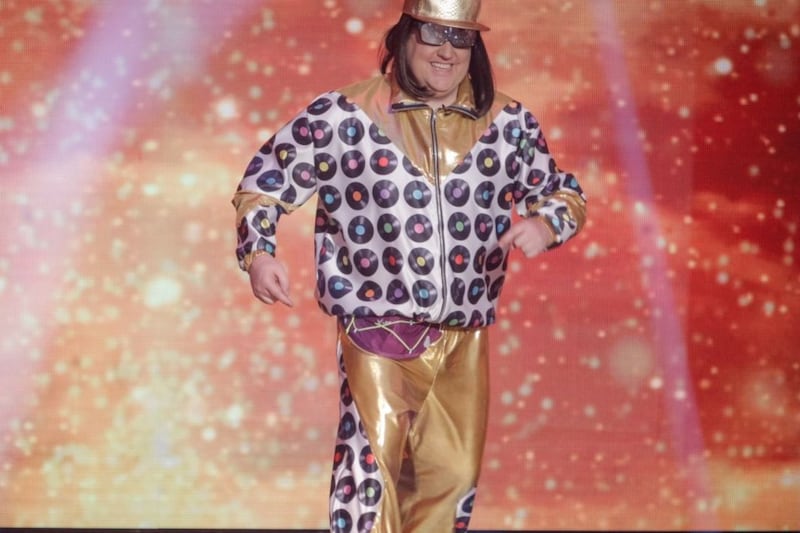A singer who appeared on a prime-time TV talent show has lost a legal battle to stop the press linking him to his alleged former IRA chief father.
Deaglan Arthurs claimed a report on his performance on the BBC's Let It Shine which referred to his father Brian being a convicted terrorist was an invasion of privacy.
But the Court of Appeal in Belfast dismissed the 20-year-old performer's bid for an injunction against The Sun after finding that he had sought publicity.
Lord Justice Deeny said: "He had no legitimate or reasonable expectation of privacy restraining a newspaper from linking him, after he appeared on television in a creditable way, with his father's discreditable personal history.
Details of the case can be disclosed after reporting restrictions were lifted.
Deaglan Arthurs, from Dungannon, Co Tyrone, appeared on the singing contest back in January, impressing the judges with his rendition of Frank Sinatra's 'New York, New York.
A week later The Sun published a story headlined: "Dad of wannabe star on Gary Barlow's new talent show Let It Shine was an IRA terrorist who was jailed for 25 years."
The article went on to described the singer's father, 52-year-old Brian Arthurs, as an ex-IRA brigade commander imprisoned for possessing explosives and released in 2000 under the terms of the Good Friday Agreement.
It also referred to Athurs Sr's subsequent conviction for a £250,000 mortgage fraud. No dispute was raised about the accuracy of his criminal background.
His son is suing The Sun's publishers for alleged misuse of private information and breach of the Data Protection Act.
As part of that action he sought an interim injunction to protect "sensitive personal data".
In an affidavit he recalled one of the show's producers asking at an early audition if there was anything about his family that would result in publicity.
He told her that his uncle, Declan Arthurs, had been murdered at Loughgall, Co Armagh - a reference to the SAS ambush of an IRA unit attacking a police station in 1987.
"I did not see how any previous criminal convictions my father had were in any way relevant to my participation in the show," he stated.
"I also view the fact that my father as criminal convictions as a private and confidential matter as it relates to me solely."
Mr Arthurs added that he was born after the ceasefire, and had no involvement or knowledge of events involving his father.
"His convictions have nothing to do with assessing my worth or ability as a contestant on the talent show," he said.
Unlike some of the other singers who appeared, no pre-audition footage about his family life or background featured on the programme.
A High Court judge rejected the injunction application after noting that no steps were taken against another newspaper which published a piece five days before The Sun, referring to the plaintiff as the son of "prominent Co Tyrone republican Brian Arthurs".
Finding that the background to Deaglan Arthur's father was public knowledge in Northern Ireland, the judge ruled that the singer had no legitimate expectation of privacy over being linked to him.
Backing that assessment, Lord Justice Deeny stressed that the plaintiff had put himself in the public eye.
"While clearly not therefore a household name in the entertainment or political fields he had, of his own volition, sought and obtained publicity," the judge said.
"He was not some young person upon whom public attention had fallen through no choice of his own, for example by some spontaneous act of bravery or excellence."
Lord Justice Deeny also found Mr Arthurs gave an answer to the producer's query which gained her sympathy - but chose not to disclose the IRA links to either his uncle or father.
Dismissing the appeal, he confirmed: ""The father's convictions were in the public domain, as was his relationship to the applicant, who voluntarily entered the public domain.








